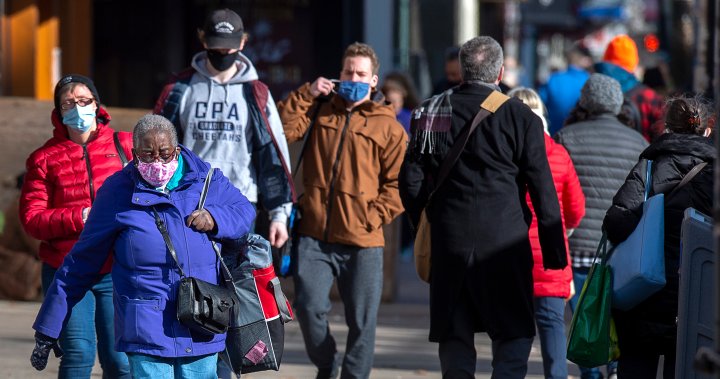
Atlantic Canada’s vaunted COVID-Zero strategy no match for Omicron variant
Global News
Atlantic Canada won international praise for the region's largely successful efforts to keep COVID-19 infection rates low, but the arrival of Omicron has upended its strategy.
Through most of the COVID-19 pandemic, Atlantic Canada won international praise for the region’s largely successful efforts to keep infection rates low – but the arrival of Omicron has upended its vaunted COVID-Zero strategy.
The highly contagious variant – now described as the fastest-spreading virus in human history – has overwhelmed the four provinces’ get-tough-quick approach, which involved rapidly imposing the country’s strictest lockdown measures at the first sign of an outbreak.
It may seem laughable now, but in April of last year, Nova Scotia called in the army and declared a two-week lockdown when the province recorded only 96 new infections – at the time, a one-day record high.
Last Sunday, with Omicron on the move, Nova Scotia reported another record: 1,184 cases in one day.
“In the early stages of the pandemic, the transmissibility (of COVID-19) was a lot less,” said Susan Kirkland, head of the department of community health and epidemiology at Dalhousie University in Halifax.
“It was possible to maintain this strategy of COVID-Zero. We did our best to identify every single case with thorough contact tracing … But we’re at a completely different phase of the pandemic now.”
On Wednesday, health officials in New Brunswick confirmed the province would stop including in its news releases the number of daily cases confirmed by PCR testing, because the latest figures no longer reflect the severity of the situation in the province.
Earlier in the day, Prince Edward Island had reported 222 new cases – a record daily high. Before Omicron arrived in Canada in late November, the Island had recorded a total of just 373 positive cases since the beginning of the pandemic.
